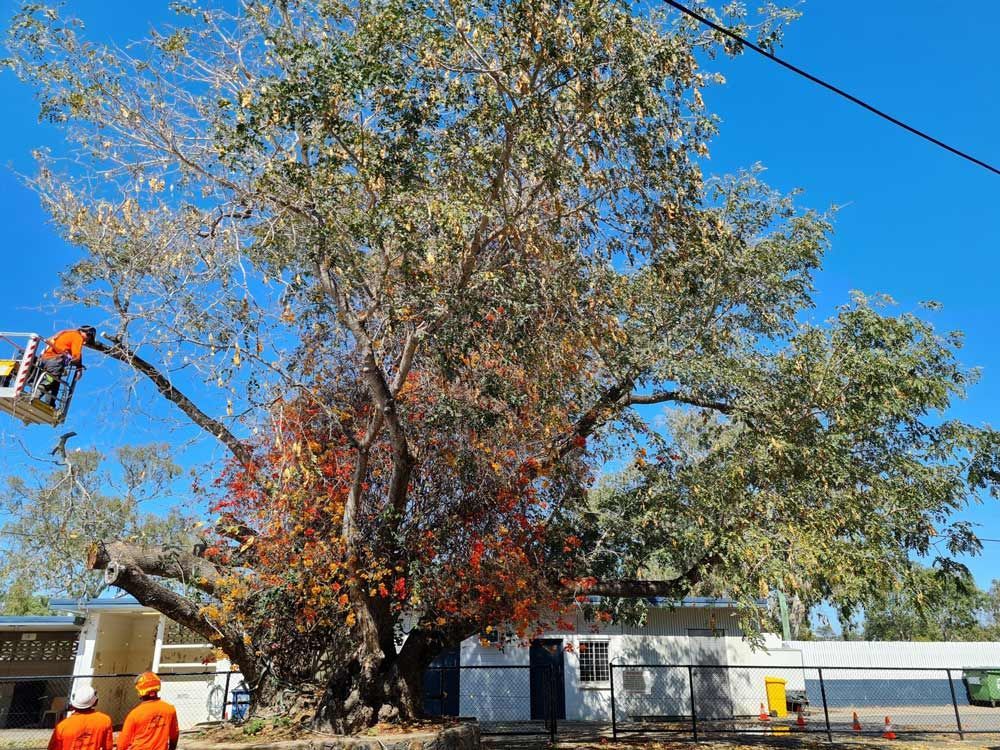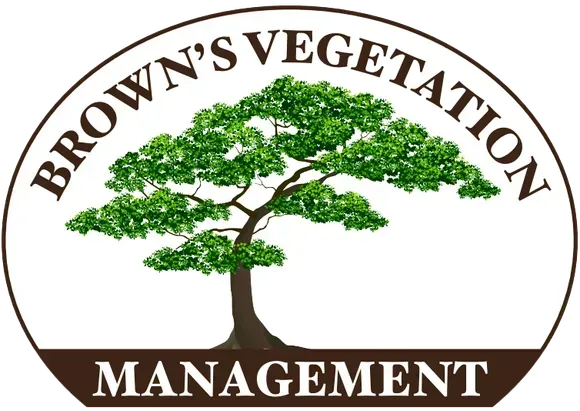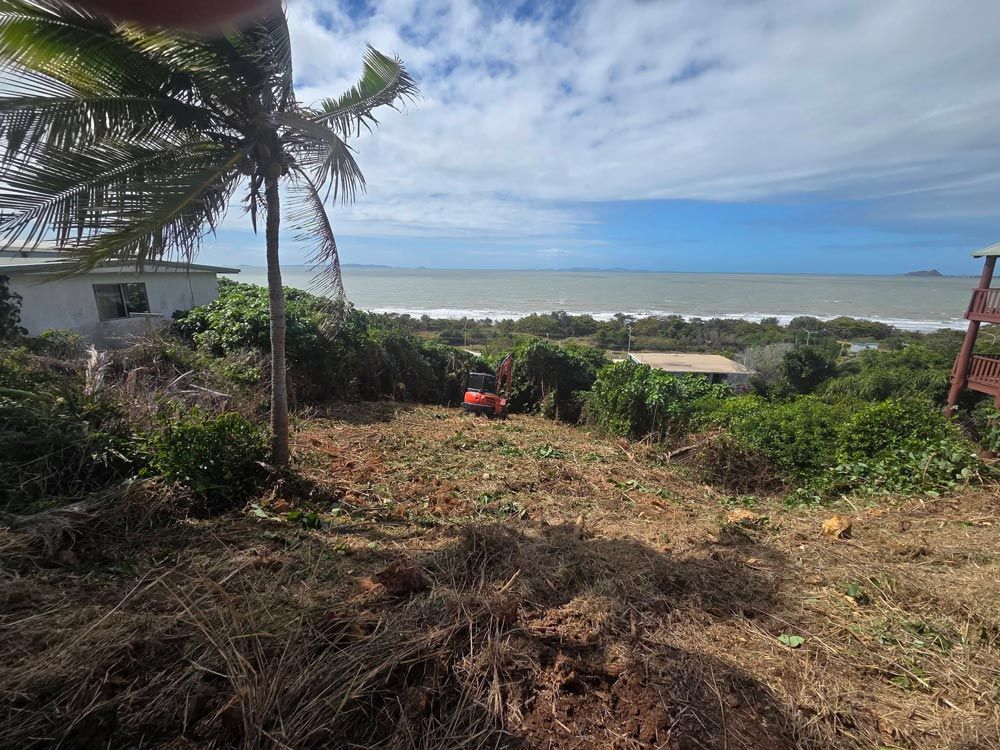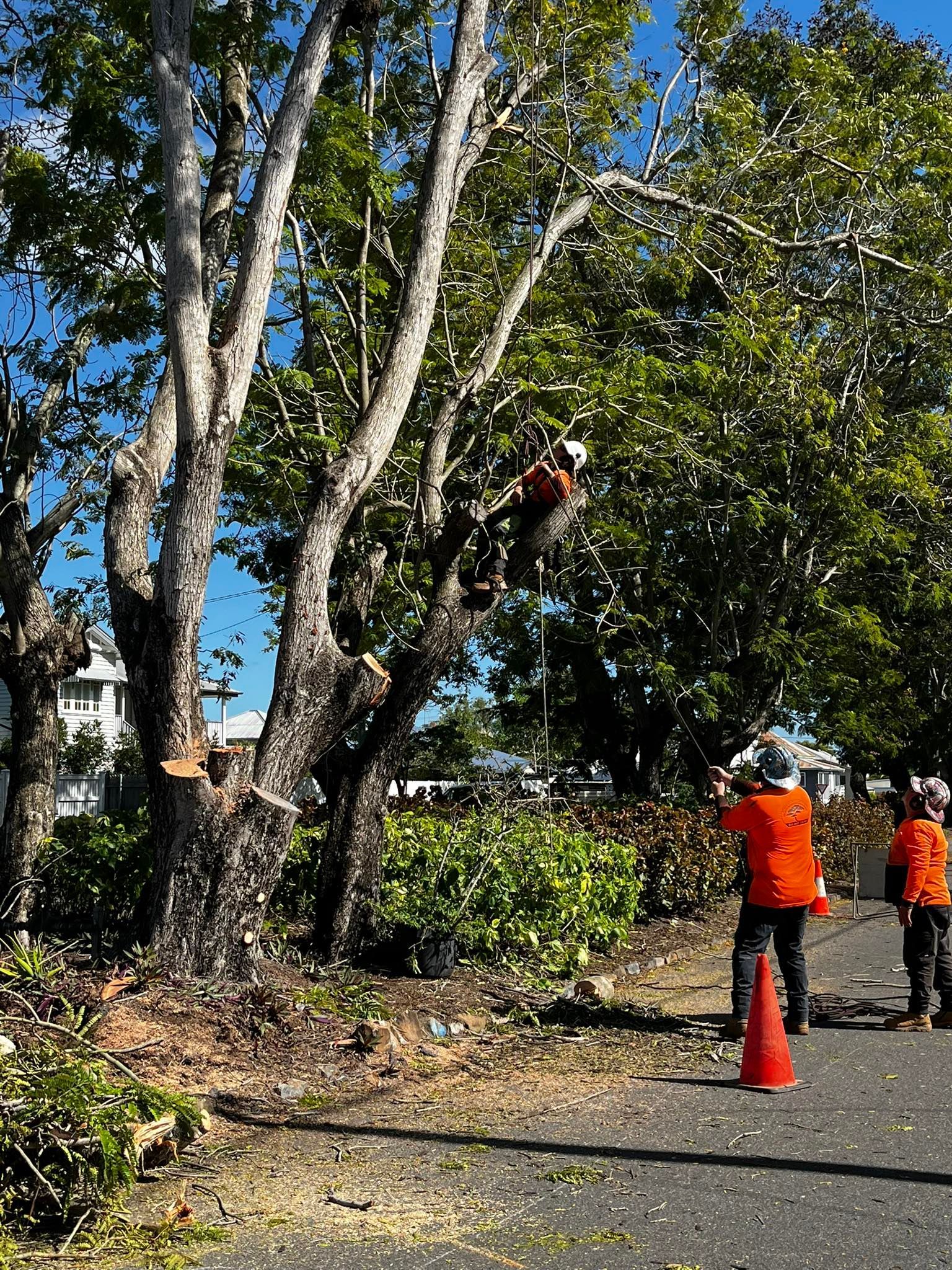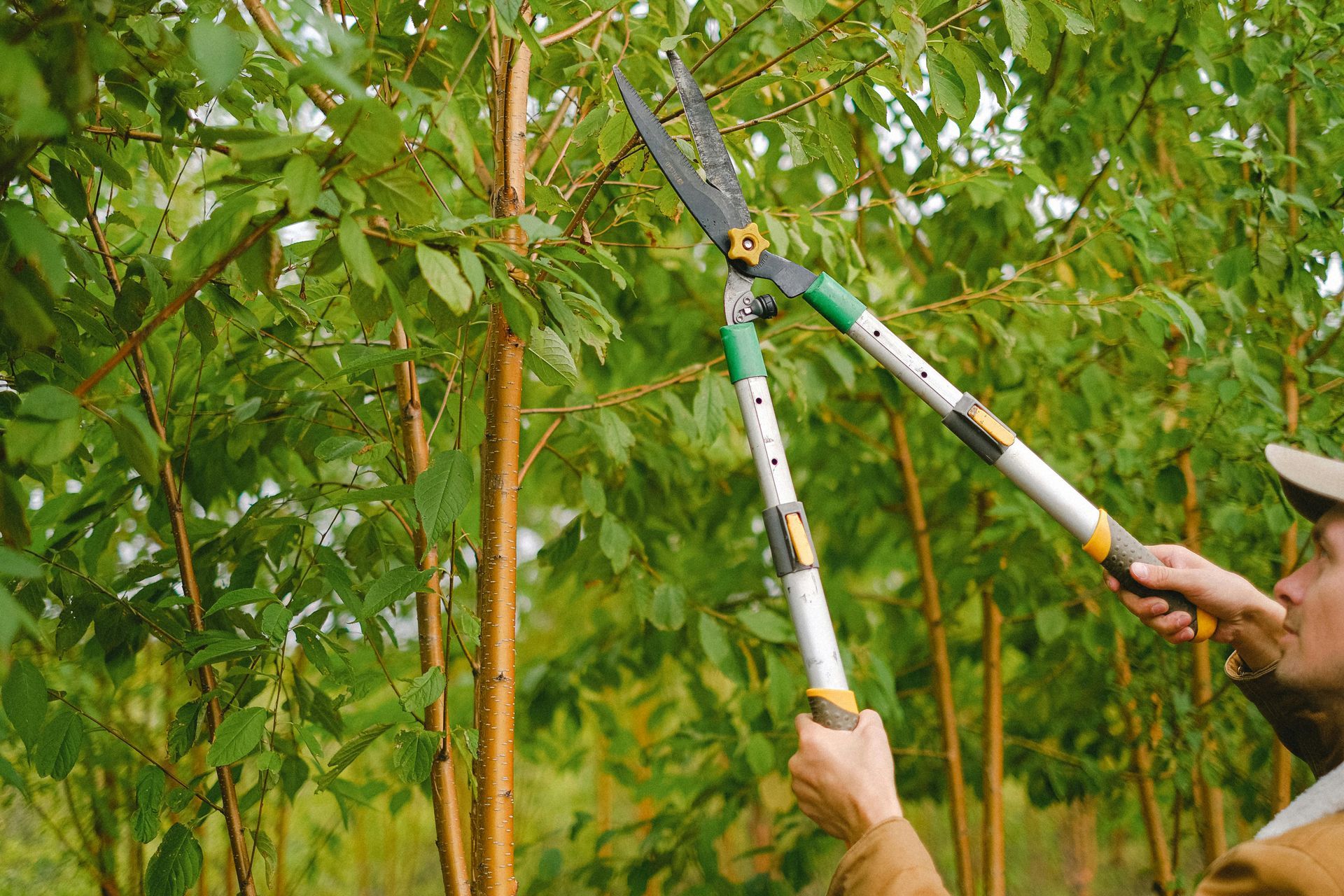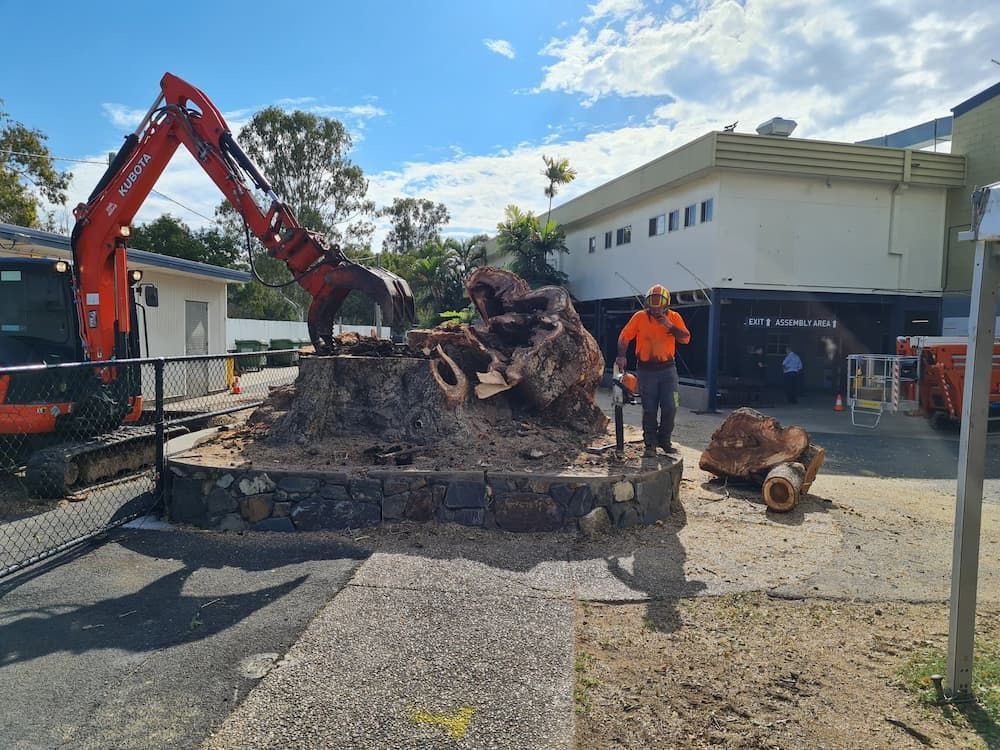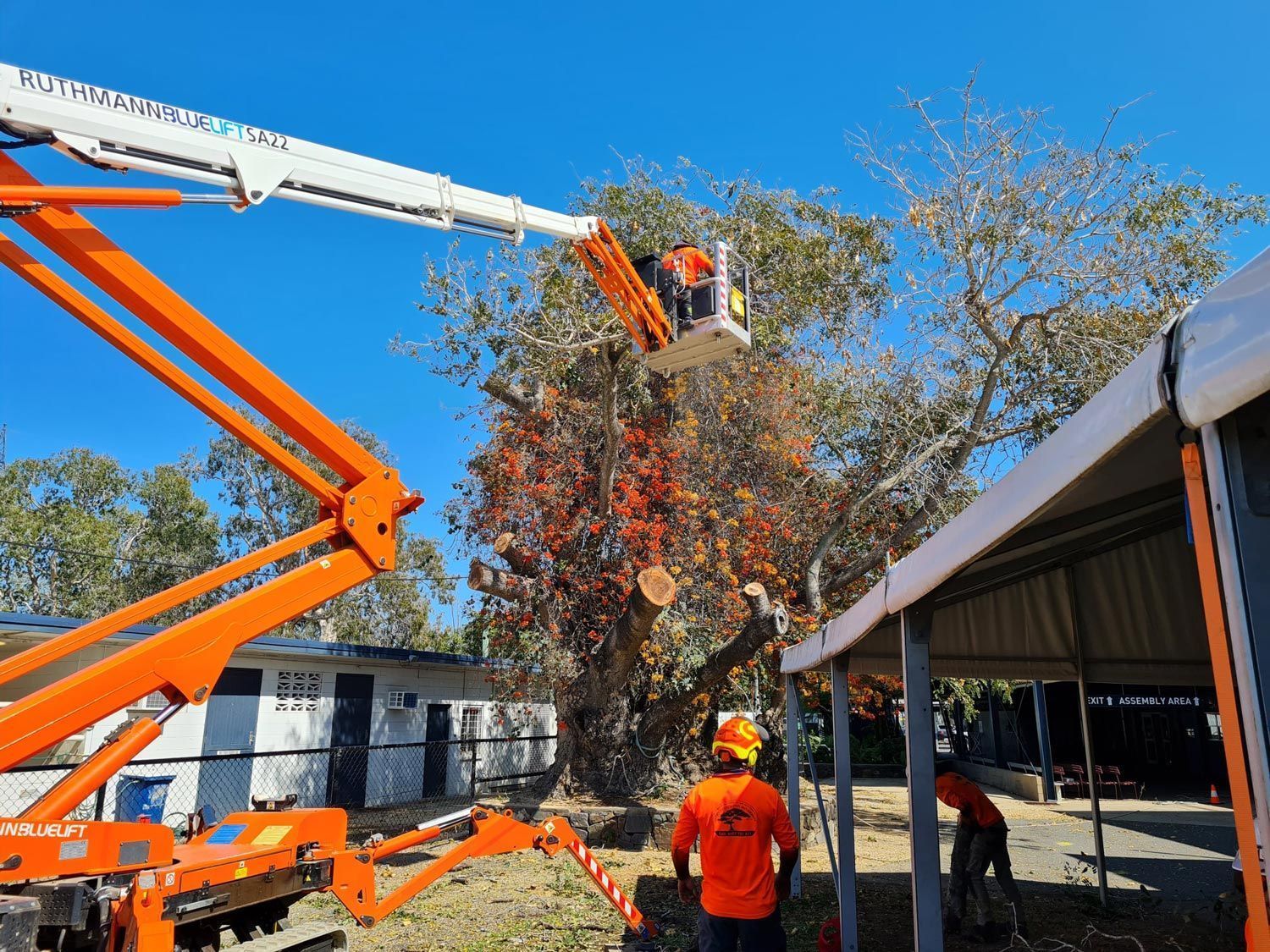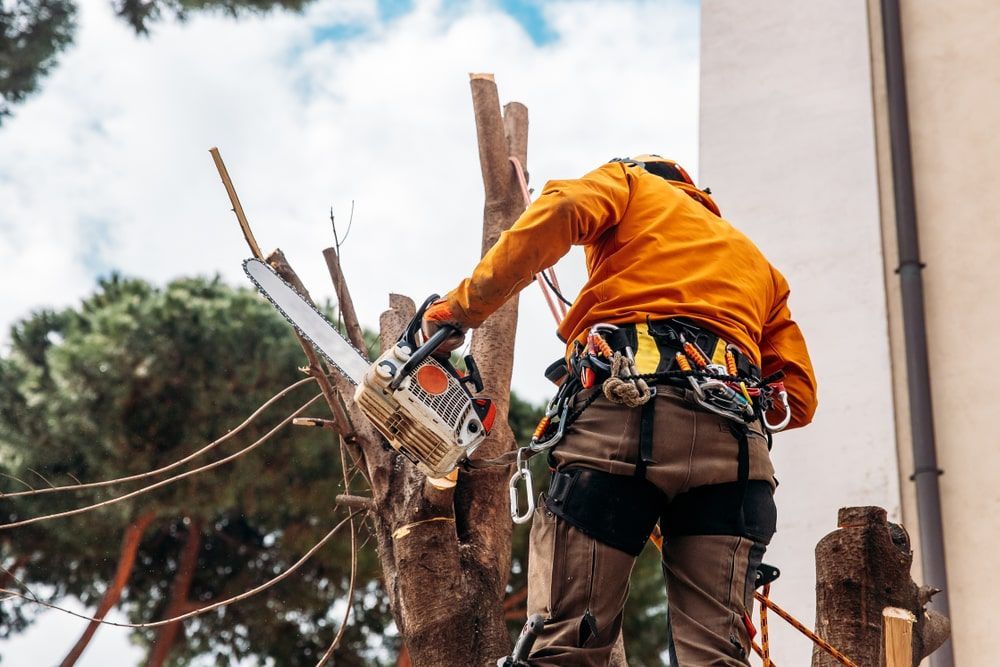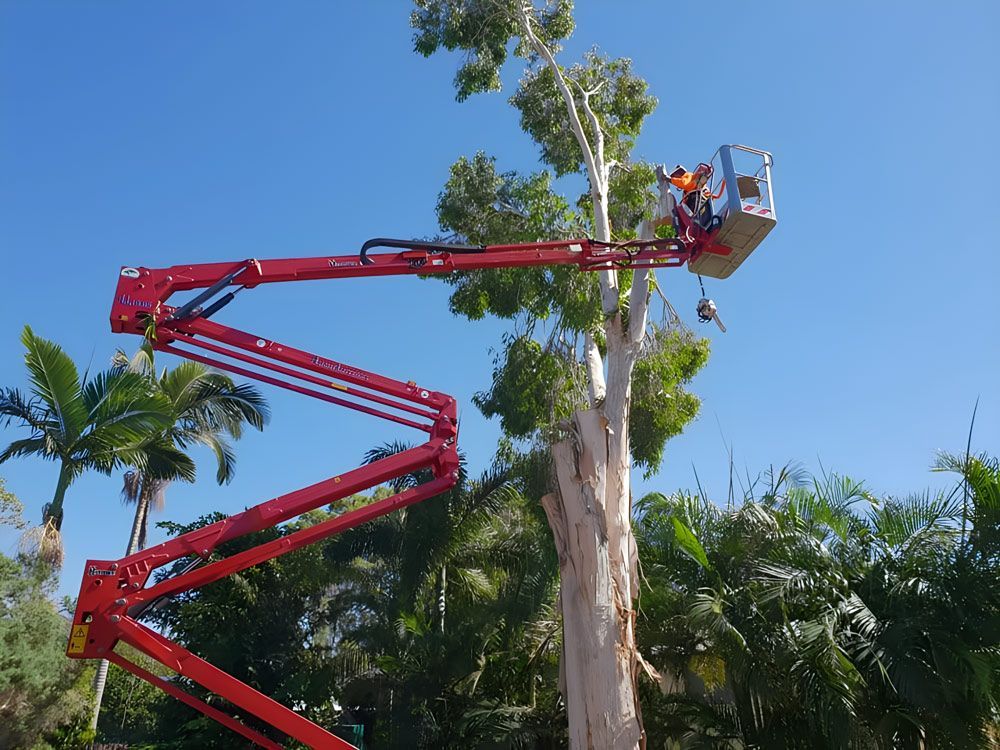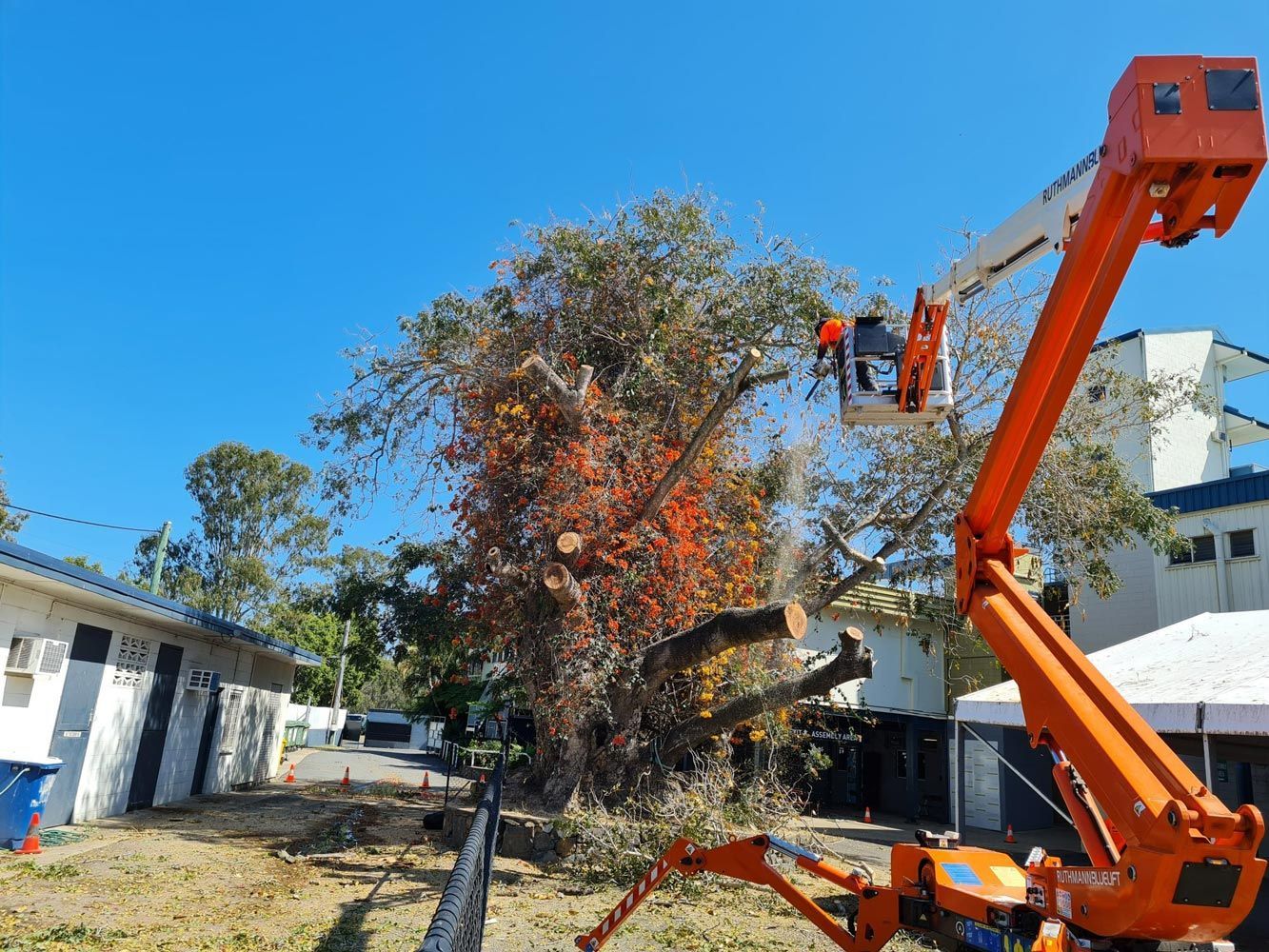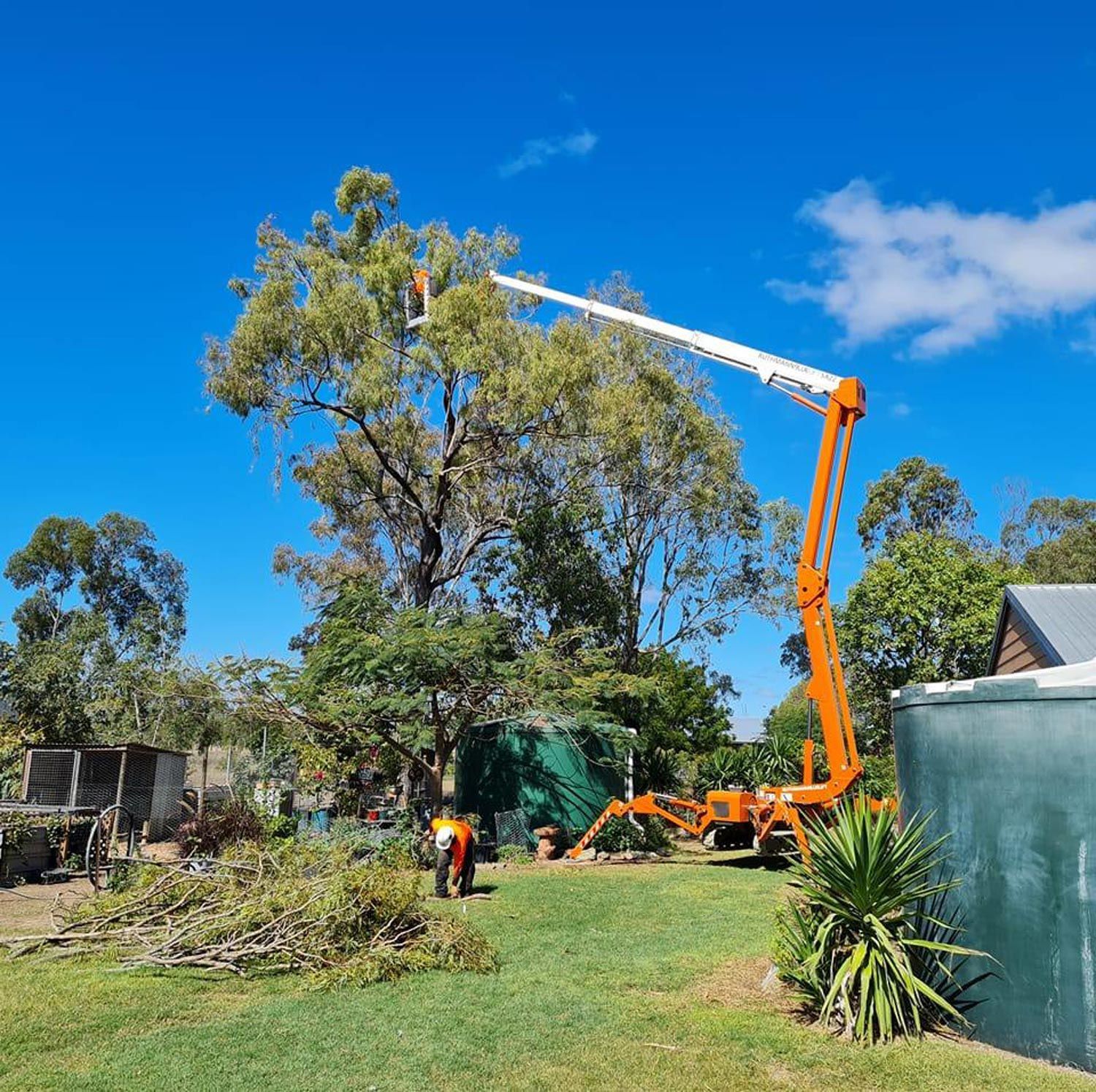What Happens To Tree Roots After Stump Grinding?
You’ve just had a tree stump ground down in your backyard—now what? The trunk is gone, the mulch is spread, and the surface looks clean. But what about what’s happening beneath the soil? If you’re embarking on a landscaping project or simply want to know what happens next, it’s important to understand the fate of tree roots after stump grinding. While stump grinding eliminates the visible portion of the tree, it leaves behind a complex underground network that can unexpectedly affect your garden’s future.
In this blog, we’ll explore how these roots behave, potential challenges they might cause, and how
tree services in Rockhampton can help you manage them wisely.
The Underground Legacy: Do Tree Roots Die Off Naturally?
When a tree is stump ground, the roots are typically left intact. While the surface wood is shredded and turned to mulch, the roots can stretch metres in all directions beneath the soil.
Here’s what happens after grinding:
- Lack of Nutrient Flow: Without the stump and trunk, the root system no longer receives water or nutrients. In most cases, it begins to die off.
- Decay Timeline: Root decay can take several months to a few years, depending on the tree species and local soil conditions.
- Natural Breakdown: Microorganisms and fungi gradually decompose the wood, enriching the soil.
However, the rate of this process varies, and in some situations, the roots may not decay entirely on their own.
Root Regrowth Risks: Can Trees Resprout After Stump Grinding?
Not all roots go quietly. Some species have a remarkable ability to regenerate even after the tree has been ground down.
You may see regrowth if:
- The tree is known for aggressive sprouting, such as certain eucalypts or willows.
- Soil conditions are favourable, offering moisture and nutrients.
- The stump was not ground deeply enough into the root collar.
Common outcomes of root regrowth include:
- New shoots are emerging from the stump site or nearby soil.
- A shrub-like cluster of growth appears around the original stump.
- Increased need for vegetation management services to control these sprouts.
If this happens, repeated pruning or chemical treatments may be necessary to suppress regrowth.
Subsurface Hazards: How Old Roots Impact Your Landscaping Plans
If you’re planning to build, pave or plant in the area where a tree once stood, lingering roots can cause disruptions.
Challenges you might encounter include:
- Uneven ground as decaying roots create voids that eventually collapse.
- Obstructions to planting occur when large roots block shovel or auger use.
- Damaged paving or turf if roots resurface or shift due to decomposition.
Engaging in professional vegetation management is often the best way to ensure your site is prepped correctly in landscaping-heavy areas.
Pests & Pathogens: The Hidden Risk of Leftover Tree Roots
Decomposing roots don’t just affect the soil—they can also attract unwelcome guests and trigger diseases that affect your garden.
Root decay may invite:
- Termites and ants, which use dead wood as a habitat, may spread to your home.
- Fungal infections can lead to lawn or garden diseases, especially in humid areas.
- Mould and mildew thrive in overly moist or poorly drained soil.
Using a qualified tree services provider ensures your garden is protected with proper treatment plans, especially in areas prone to pests.
The Role of Soil Health: How Stump Grinding Affects Subsurface Nutrients
One benefit of stump grinding is the by-product: mulch. When used correctly, these wood chips can enhance your garden’s health.
Effects of mulch and decaying roots include:
- Improved soil structure as organic matter breaks down.
- Temporary nitrogen depletion, particularly if chips decompose in the soil rather than on top.
- Increased microbial activity fosters a more vibrant soil ecosystem.
Consider topping the area with compost or a slow-release fertiliser to balance soil nutrients for optimal outcomes.
When to Consider Root Removal Instead of Grinding
While stump grinding is sufficient for most residential purposes, there are scenarios where complete root removal is recommended.
Consider full root extraction if:
- You're preparing a foundation for a shed, pool or pathway.
- The tree species is invasive or known for persistent regrowth.
- You're dealing with widespread root damage from stormfall or disease.
Advantages of root removal include:
- No risk of sprouting or pest attraction.
- Greater control over landscaping.
- Long-term peace of mind, especially for construction or paving projects.
Eco-Friendly Options: Managing Leftover Roots Sustainably
You don’t always need to remove every trace of a tree to manage it effectively. There are environmentally conscious methods to deal with post-stump roots.
Sustainable options include:
- Leaving mulch as-is for natural breakdown and soil enrichment.
- Adding compost or organic amendments to accelerate decomposition.
- Utilising natural decay accelerants such as manure or nitrogen fertilisers.
- Incorporating mulch into garden beds provides a decorative and practical solution.
These approaches are ideal if you're not planning immediate construction or extensive planting in the area.
Consulting an Arborist: Why Expert Advice Is Crucial Post-Stump Grinding
Every tree and site is unique, and what works in one backyard may not in another. That’s where a qualified arborist can provide tailored guidance.
An arborist will assess:
- The species & age of the original tree.
- Soil structure and drainage capacity.
- Potential for regrowth or decay-related collapse.
- Risks of pest infestation or underground obstruction.
Checklist of what an arborist offers post-stump grinding:
- Site inspection & soil health evaluation.
- Recommendations on mulch use & root monitoring.
- Advice on whether further root removal is necessary.
- Ongoing vegetation management strategies.
Take Control of Your Landscape with Expert Vegetation Management in Rockhampton
At Brown’s Vegetation Management, we know that stump grinding is only part of the story. Understanding and managing the underground legacy of tree roots is essential for a safe, healthy, and functional outdoor space. Whether you’re managing regrowth, planning a new landscape or concerned about pests, our team provides expert tree lopping in Rockhampton tailored to your site.
Let’s discuss the best solution for your property. Give us a call or get in touch via our contact page to arrange a consultation. From stump grinding to root management, we’ve got you covered.
